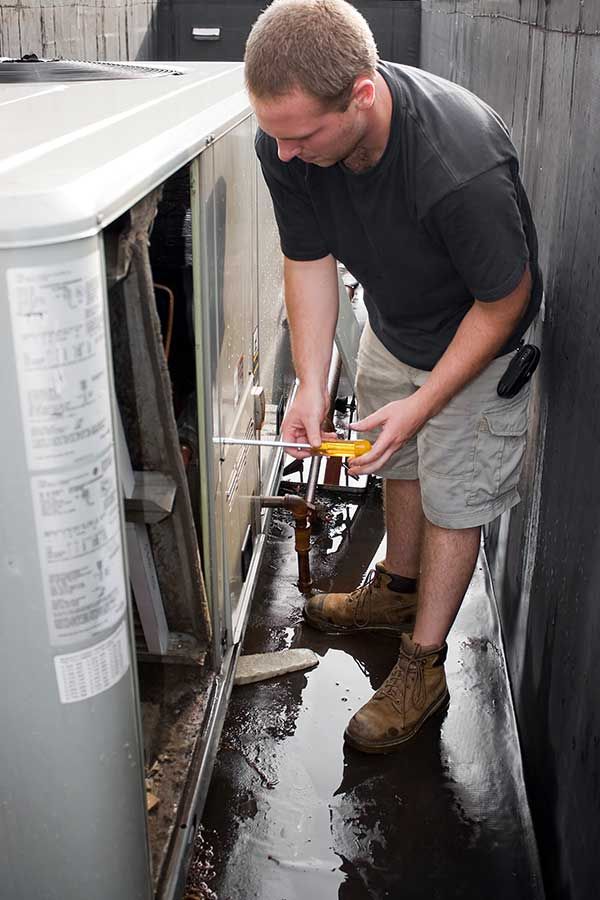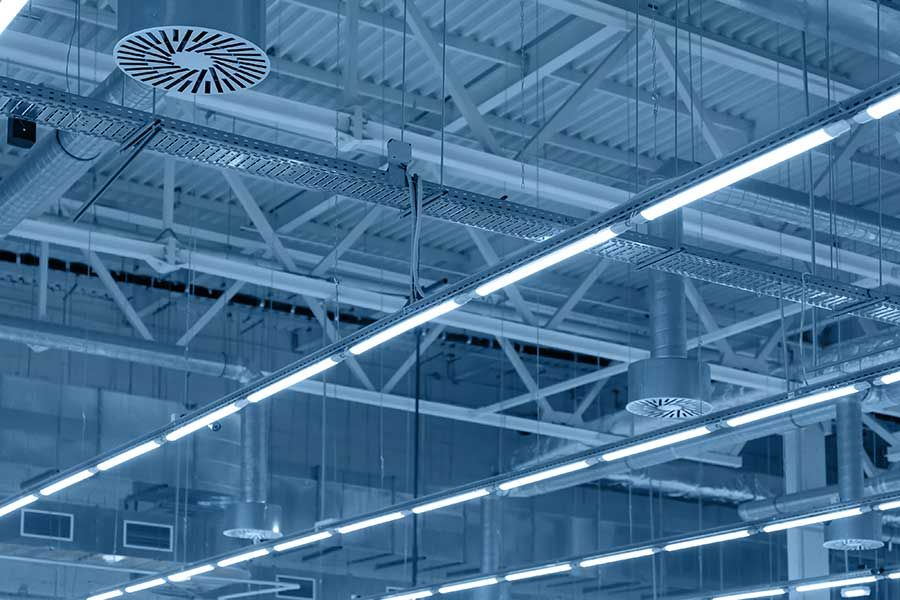Financing is available to provide funds for your business’ energy upgrades.
Colorado Commercial Property Assessed Clean Energy (C-PACE) enables owners of eligible commercial and industrial buildings to finance up to 100% of energy efficiency, renewable energy and water conservation eligible improvements. Financing is provided by private capital providers at competitive rates.
C-PACE ASSESSMENT & REPAYMENT
C-PACE financing repayment is facilitated through the County property tax assessment process. A voluntary assessment is placed on the building owner’s property tax bill and is repaid over the financing term (up to 25 years). In most cases, the annual energy cost savings will exceed the annual assessment payment, thereby enabling extensive capital intensive equipment upgrades. Because the C-PACE assessment obligation runs with the property, the assessment can transfer to the next owner when the property is sold. Many Colorado counties are participating in this financing program.
C-PACE FEES
A fee equal to 2.5% of the project finance amount (not to exceed $50,000 per project) is assigned to each C-PACE project. This program administration fee, to cover the costs associated with the various support services required to sustain the C-PACE program, is typically included in the total financed amount and is only due when successful project financing is obtained.

